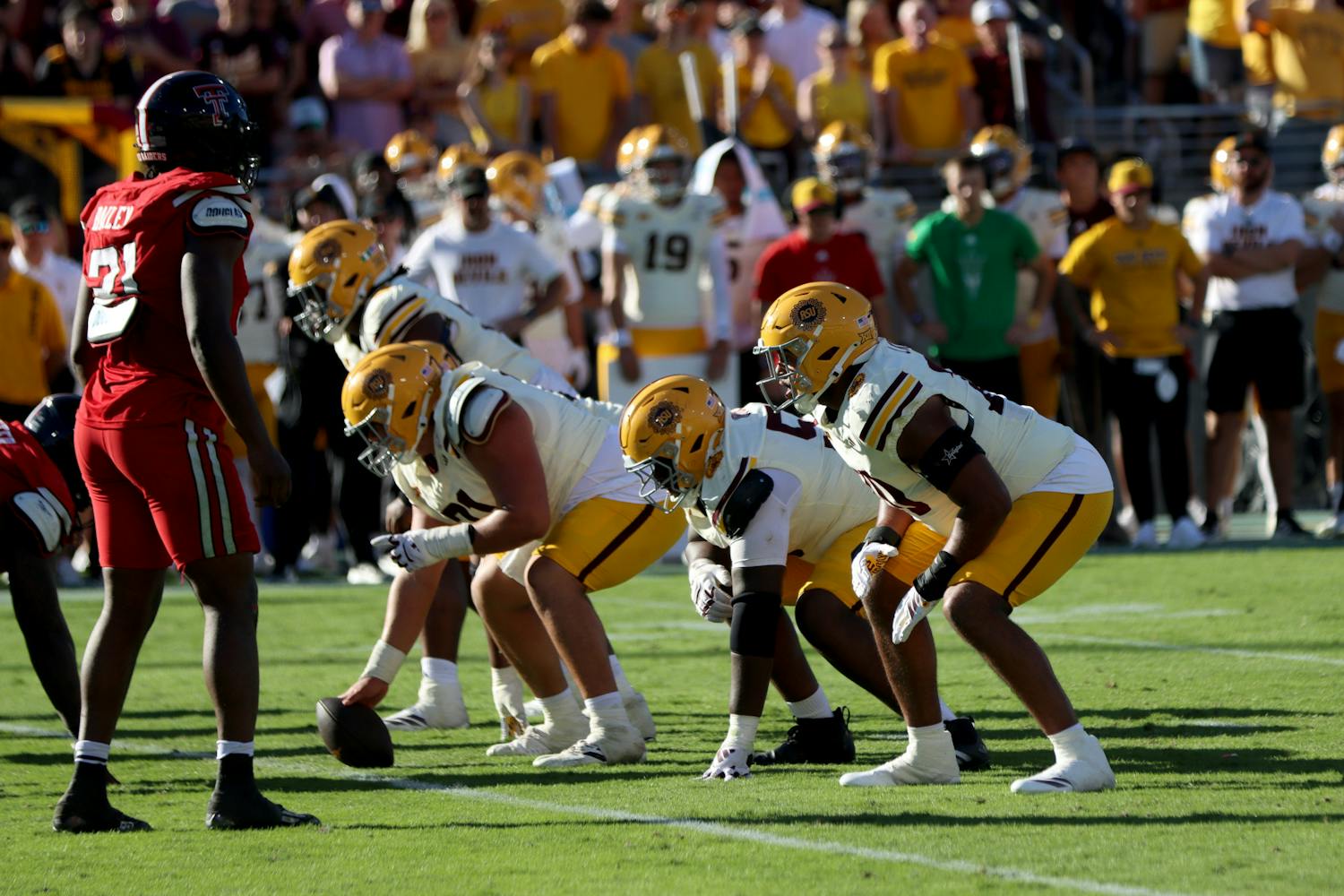 Ohio State Buckeyes running back Ezekiel Elliott (15) scores a first quarter touchdown during the CFP National Championship on Monday, Jan. 12, 2015, at AT&T Stadium in Arlington, Texas. (Paul Moseley/Fort Worth Star-Telegram/TNS)
Ohio State Buckeyes running back Ezekiel Elliott (15) scores a first quarter touchdown during the CFP National Championship on Monday, Jan. 12, 2015, at AT&T Stadium in Arlington, Texas. (Paul Moseley/Fort Worth Star-Telegram/TNS)The 2014-15 college football season got what many fans of the sport have been calling for for many years: a playoff. While there were many benefits to the system in its inaugural season, some call for changes and expansion, which in truth, would only serve to make matters worse.
Viewers and supporters weren't simply told by a slightly complex mathematical equation who the top two teams in country were, they were showed by way of somewhat vilifying semifinal games.
If the BCS system had been in place this season, it stands to reason that Alabama and Florida State would have played in the national title game.
The Crimson Tide was a one-loss SEC champion and the Seminoles were an undefeated defending champion.
Both teams lost in the semifinals and neither looked all that good.
So we have, for the first time, somewhat definitive proof that the best two teams are playing for the title: Oregon and Ohio State.
But just because the system seems to be better doesn't mean there aren't detractors.
Before the ink had even dried on the press release announcing the new format, people everywhere were calling for an eight-team playoff rather than the current four-team format.
Surely fans of TCU (which dropped from No. 3 to No. 6 in the final rankings to miss the playoffs) and Baylor (finished just outside at No. 5) would love to see the tournament grow.
But do you really think the controversy would end there? Do you honestly believe there wouldn't be drama or arguing or schools feeling as though they had been jilted?
Say the playoff would have accepted eight teams instead of four this year. The field would have been Alabama, Oregon, Florida State, Ohio State, Baylor, TCU, Mississippi State and Michigan State.
Don't you think No. 9 Ole Miss would have been just as angry as TCU fans are now? After all, the Rebels beat Mississippi State resoundingly in the final week of the regular season.
Don't you think No. 10 Arizona would have argued for a higher ranking given a résumé that includes a victory over the No. 2 team in the nation?
No matter how big the field becomes, there will always be a team on the outside looking in that feels as though it was robbed.
To say the field should be expanded to eight or 12 teams because it eliminates some of the controversy overlooks the fact that there will always be a No. 9 team or a No. 13 team with a viable argument for why it should have been in instead.
Moreover, the current format creates better competition. Given that there are fewer spots for which to play, teams have to be almost perfect if they want a shot at a playoff spot.
This isn't the NFL, where a division champion is guaranteed a home playoff game despite a losing record (looking at you Carolina).
In this system you can't have an off week, a poor stretch or a subpar schedule.
Just ask Baylor, which only lost once but found that single "L" was enough to keep it out. Or talk to Mississippi State, a team that sat in the No. 1 spot for several weeks before a bad mid-season stretch doomed the Bulldogs. Or talk to TCU, which suffered from a poor out-of-conference slate that watered down its résumé.
But even that isn't the primary reason the playoff needs to stay at four teams.
The real reason is that at the end of the day these are students. Very few will go on to play professionally, even in the powerhouse programs that are perennially right at the top.
Any NCAA sport takes up a huge time commitment, as it should. But expanding the playoff means expanding the season for those teams, which means more time away from the classroom.
I'm not saying football's not important and that the athletes shouldn't be focused on the game as much as they are, but these are student-athletes, and it's telling that student comes first in that term.
The priority should be on the education. It's not what fans want to hear, and it may not even be what athletes and coaches want to hear, but the idea of the NCAA is to give athletes a shot at success on and off the field.
Spending another two or three weeks dedicated to breaking down game film or working out means that off-field success is bound to suffer.
There are many good reasons to expand the playoffs, but for the sake of the student-athletes, leaving it at four teams is the right call.
Reach the columnist at icbeck@asu.edu or follow @ICBeck21 on Twitter
Like State Press Sports on Facebook and follow @statepresssport on Twitter





